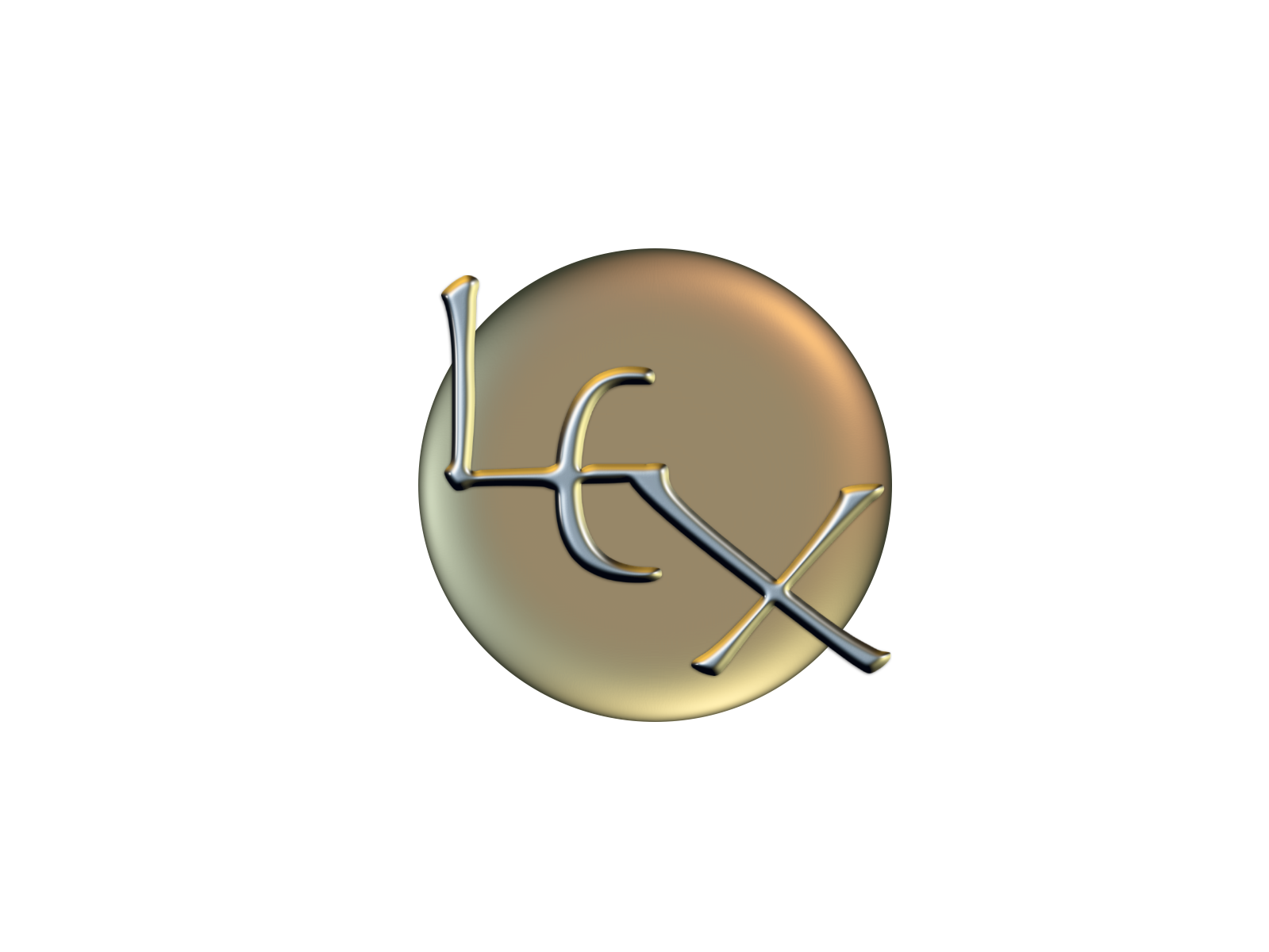Have you ever wondered what 'quintessential' has to do with 'quintuplets,' or what 'quotidien' has to do with 'quotation'?
Let's start with the latter.
One of my best life lessons from the time I lived and traveled in France is an intentional engagement with what the French call 'la vie quotidienne,' or everyday life. It's an attitude (like so much of bring French), a mindset that recognizes the joy that might be taken in the pleasures of daily activities, like folding laundry, cooking, chatting with the mailman. It's not banal or wearisome. It is low-key celebratory. It is the practice of sitting down à table to a plated meal three times a day instead of pulling one's greasy lunch out of a paper bag in the car. I learned this in countless ways, but most strongly from my French homestay mom, Vivette, who taught me how to cook, and who set a table with embroidered Portuguese tablecloths and beautiful, simple place settings every night for dinner.
One time, at their summer home on the beach in Portugal, Vivette and I were pinning wet, white nightgowns and bed linens on the clothesline strung between two tall pines in the yard. "Do you want to know my only prayer?" she asked me ("Veux-tu savoir ma seule prière?"). I knew she wasn't religious, so I was surprised to hear her question. I nodded.
"Merci," she said.
That's what I think of when I think of 'la vie quotidienne.'
The word quotidienne is one of those Latin compounds that advanced phonics likes to pretend don't exist. It's built like this: <quote + i + di + en(ne)>, with the suffixal variations accounting for the gender of the French noun being modified. The denotation of the first base element, <quote>, is not 'cite, mention' – that is the connotation of the word quote. The base element denotes 'how many, number in a sequence,' a sense which is closer to the surface in words like quotient or quota, or a quote for the cost of a product or service. The sense of citing a source or repeating an utterance is a modern development, evolved from marking off a text by numbers, like chapter and verse.
Here's a matrix:
A <qu> can Cue You
"A <qu> digraph is rich with history and relatives, reliably Latinate outside of a handful of native English words respelled from their original <cw>."
